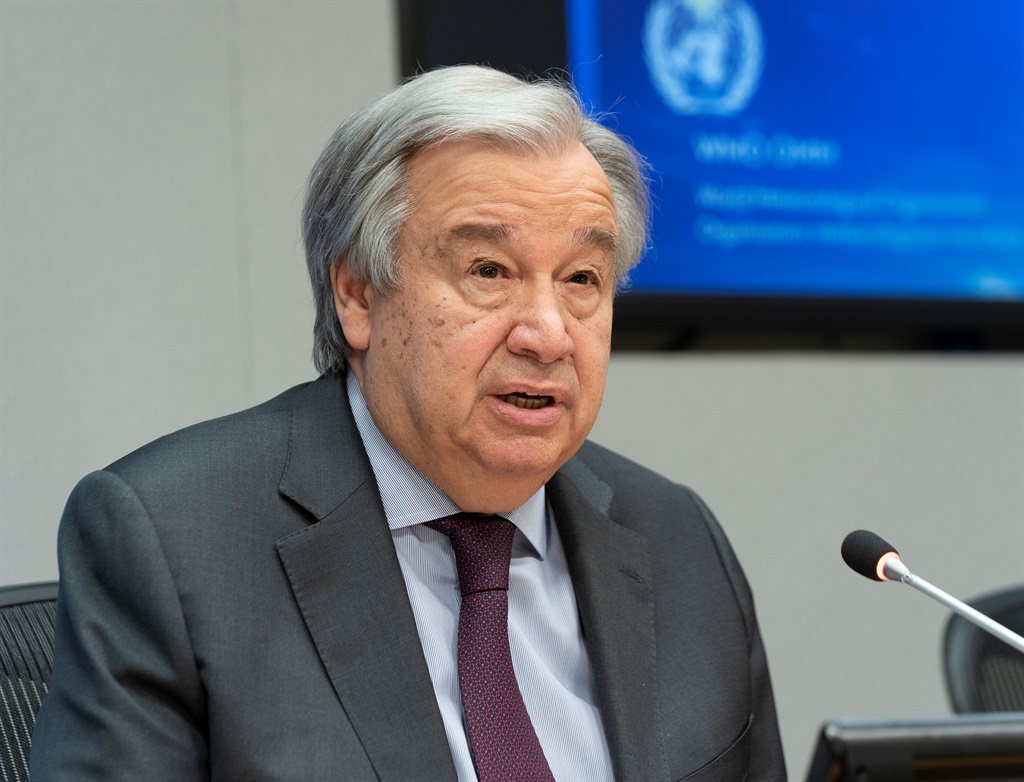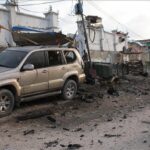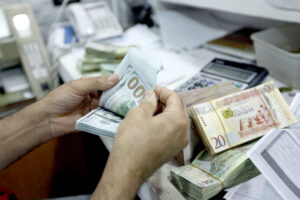Russia’s withdrawal from the United Nations (UN) brokered deal, to allow grain and fertiliser to leave Ukraine via the Black Sea, will alter global food production – and Africa could likely be the hardest hit.

With the advent of rain, the southern African region is approaching cropping season.
Weather forecasts indicate that some parts of the region, especially South Africa, should expect lower-than-normal maximum temperatures this summer and good rainfall.
Hence, a good cropping season lies ahead.
However, South Africa imports between 70% to 80% of its fertiliser needs from Russia and Ukraine.
With the re-blockade of the Black Sea, the situation could lead to increased costs of food production and reduced output.
Already, according to the World Bank (WB) in September, there was a 6% increase in the price of fertiliser, pushing up the cost of food production in developing countries, where agriculture is a major driver in economic growth.
A report by the Economic Community of West African States projected that the war in Ukraine had already cost the region between 1.2 and 1.5 million tons of fertiliser.
The end result is a loss of at least 20 million tons of cereal production. This is almost 25% of last year’s yield.
With the three-month deal brokered by the UN, which was rejected by Russia, the International Rescue Committee (IRC) says the Horn of Africa will see an accelerated worsening of its acute food shortage status.
“Critically, as tens of millions of people continue to experience extreme hunger in East Africa, and Somalia teeters on the brink of famine as a result of the worst drought in 40 years, the renewed blockade will continue to impede the import of 80% of grain imported from the Russia-Ukraine region, thereby driving further hunger,” IRC said in a press statement.
Shashwat Saraf, the IRC’s East Africa Emergency Director, said the blockade could, “push Somalia over the edge by impacting affordability and availability of grain within the region”.
Since 1 August, considerable grain left Russia and Ukraine destined for other parts of the world.
UN estimates place the quantity at 8.5 million tons of critical foodstuffs that were shipped to Africa, Asia and Europe, unlocking almost half of the wheat previously held at Ukraine’s Black Sea ports.
Food prices dropped for the sixth consecutive month in September, according to the UN’s Food Price Index.
But the latest development spells gloom.
On Friday, on the eve of Russia’s withdrawal from the deal on allegations of Ukraine’s drone attack on its warships, UN Secretary-General António Guterres voiced the need to open the Black Sea.
“We underline the urgency of doing so to contribute to food security across the world, and to cushion the suffering that this global cost-of-living crisis is inflicting on billions of people,” he said.
Hence the UN, Turkey and Ukraine say they will go ahead with the deal, with a plan that will start by moving 16 vessels today, but with a transit plan to avoid Russia, Reuters reported.
Source: News24















